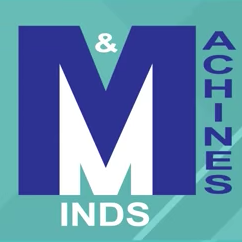EDUCATION
MIT-SHASS MOOC courses available on edX
Discover the MIT-SHASS MOOC courses available online at edX — free, for anyone, anywhere.
 |
Introduction to Philosophy | 24.00x
|
|
|
Frank Bentley and Ed Barrett
|
 |
Evaluating Social Programs | JPAL 101x |
 |
The Challenges of Global Poverty | 14.73x |
 |
Visualizing Japan | VJx: an MITx/Harvardx project |
 |
Paradox and Infinity | 24.118x
|
 |
Foundations of Development Policy | 14.74x |
 |
Introduction to Game Design | 11.126x |
 |
Microeconomics | 14.100 What is produced in an economy? How is it produced? Who gets the product? Microeconomics seeks to answer these fundamental questions about markets. In this course, we’ll introduce you to microeconomic theory, together with some empirical results and policy implications. You’ll analyze mathematical models that describe the real-world behavior of consumers and firms, and you’ll see how prices make the world go ‘round.
|
 |
Philosophy: Minds and Machines | 24.09x
What is the relationship between the mind and the body? Can computers think? Do we perceive reality as it is? Can there be a science of consciousness?
This course explores these questions and others. It is a thorough, rigorous introduction to contemporary philosophy of mind.
According to many scientists and philosophers, explaining the nature of consciousness is the deepest intellectual challenge of all. If you find consciousness at all puzzling, this is a great place to start learning more.
|
